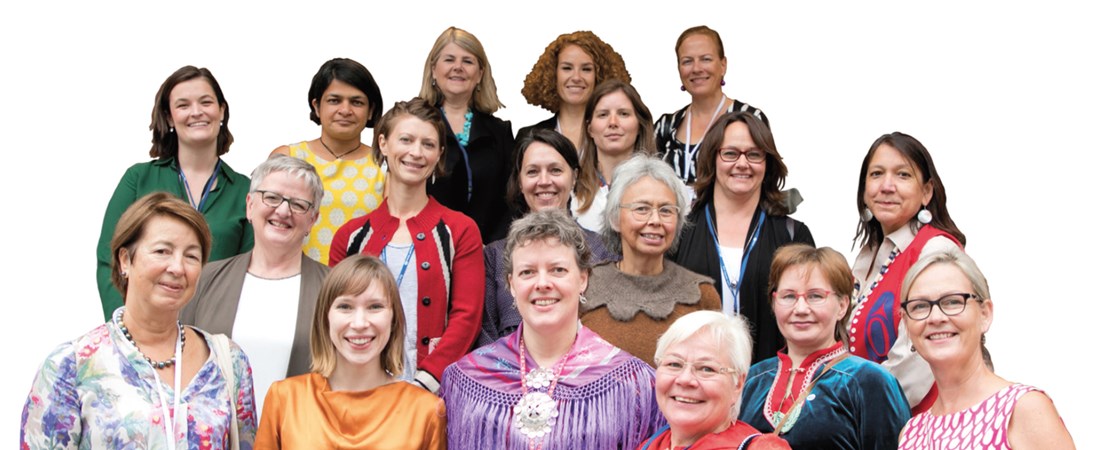Making Gender Equality Plan A in the Arctic

By Malgorzata (Gosia) Smieszek, Researcher, Arctic Centre, University of Lapland and Tahnee Prior, Pierre Elliott Trudeau Foundation Scholar, Doctoral Candidate, University of Waterloo
Gender equality is key to sustainable development and the sustainable future of the Arctic. Not only is it a fundamental human right, but it is also a founding block of prosperous, peaceful, inclusive and resilient societies – both in the Arctic and elsewhere.
Whether we are speaking about addressing the impacts of climate change, ensuring sustainable resource management, promoting economic growth, attaining food security or increasing the well-being of northern communities, women play a critical role. Still, most countries have not reached full gender parity. Despite some progress, women tend to bear a greater burden of daily duties and unpaid work, face impediments to their career trajectories, and receive less recognition and pay in many professional fields. Women are also more often victims of gender-based violence, and yet mainstream debates largely miss gendered perspectives and the experiences of underrepresented groups and individuals, particularly when these intersect.
In order to shed light on these issues, we organized an event titled “Women of the Arctic: Bridging Research, Policy and Lived Experience” as part of the UArctic Congress in Helsinki in September 2018. The event was the outcome of a partnership with UArctic and the University of Helsinki, supported with funding from NordForsk. The aim of “Women of the Arctic” was to create a space where women who work on, live in or engage with the Arctic could tell their stories and share their experiences. We brought together indigenous and non-indigenous women with various backgrounds from all Arctic states to discuss issues relating to women’s representation in northern policy-making, and the role and contributions of women in polar research and knowledge production. The aim was also to debate the painful realities and means of addressing gender-based violence, which disproportionately impacts the lives of northern women and children. In order to reach beyond academia, we collaborated with the New York-based arts and theatre organization “The Arctic Cycle” and with the creative communications collective “What Took You So Long?” to document the event and ensure that the stories of our speakers and participants would become part of a broader effort to bring women’s and gender issues to the forefront of Arctic debates.
“Women of the Arctic” (WoA) is now a non-profit association registered in Finland. In our work we aim to raise awareness, support and maintain a focus on women's and gender-related issues in the Arctic, as well as highlight and promote the inclusion of broader gender perspectives in all aspects of northern life and policy. With that, we seek to complement the work carried out by other academic and policy networks including the IASSA Working Group “Gender in the Arctic”, “Women in Polar Science” (WiPS) and “Pride Polar”, which shed light on the experiences of women and LGBTQ2S+ persons in polar research, as well as the initiatives of the Arctic Council such as the “Gender Equality in the Arctic” project of the Sustainable Development Working Group.
The key mission of “Women of the Arctic” is to champion women and gender equality through the inclusion of a wide range of voices and engagement with various societal groups, including decision-makers, activists, researchers, artists, and those who advance the equality of all in their daily work and activities. Given that the Arctic is at the forefront of significant global changes, we believe that it is high time that we begin to do things differently on many fronts. Gender equality should be the baseline for Arctic states across all societal, political and economic dimensions. We cannot have a sustainable world or a sustainable Arctic unless all genders and people(s) are equal and receive equal treatment. It is time to make gender Plan A for the Arctic.
